When Slinky Vagabond started working on their 2021 release, King Boy Vandals, it was more of an ad hoc operation. At the time, bandmates British fashion designer, author, and musician Keanan Duffty and Italian guitarist and producer Fabio Fabbri had just connected a few years earlier and were deciphering how they would work together and make music and ended up with 20 songs.
Several years earlier, Slinky Vagabond first formed as a punk rock supergroup with Duffty, along with Earl Slick (David Bowie, John Lennon), the Sex Pistols’ bassist Glen Matlock, Blondie drummer Clem Burke and the late Buzzcocks’ vocalist Pete Shelley. The band made their debut in May 2007 at Irving Plaza in New York City as part of the annual Joey Ramone Birthday Bash in New York City, playing alongside the New York Dolls.
“I hadn’t been on stage for quite a few years at that point, so it was kind of a baptism of fire,” remembers Duffty. “And it was like a dream come true. I mean, Slick on one side, Glenn on the other.”
With Duffty at its core, from its inception, Slinky Vagabond was about bringing in a collective of artists and collaborators as the project evolved. “On the first go around with that band in 2007 we did a cover of Bowie’s ‘Boys Keep Swinging’ with Pete Shelley singing backing vocal on it,” recalls Duffty. “Even back then, I wanted it to be collaborative with people that I love working with.”
After recording and playing some shows in New York City, the first iteration of the band dissolved after the Sex Pistols briefly reformed, and Blondie picked up on touring. Everyone went their separate ways, with Duffty refocusing on his fashion brand, which included a collaboration with Bowie, and his clothes appearing on television shows like Entourage and American Idol.
By 2017, the Slinky Vagabond project had been on hiatus for a decade when Duffty, who was in Florence giving a fashion lecture, first met Fabbri. Both immediately shared a musical kinship and continued working remotely, with Duffty sending over lyrics and Fabbri putting the music to everything before both united in Italy to record.
Videos by American Songwriter
“Keanan and I had a strong connection from the very beginning, both musically and on a personal level,” shares Fabbri. “We are truly great friends. Despite our different musical backgrounds, we developed a close bond, bringing out the elements we had in common and exploring new ways to express our creativity without worrying about what the music industry demands today.”
Duffty says Fabbri also has an “Italian” flair that works well in this new Slinky Vagabond recipe. “I’ve worked with a few producers over the years,” says Duffty. “The difference with working with someone like Fabio, it’s probably the Italian thing. He’s got that romantic element of traditional Italian music, opera, and stuff like that. Fabio listens to everything, but he’s good at coercing a performance.”
A similar system of writing and placing the music to the songs before convening in Italy worked for the two on their 2025 follow, The Eternal Return—the title is a play on the idea that time and events tend to repeat over time. “I don’t necessarily subscribe to this,” said Duffty of the title in a previous statement. “Nietzsche believed that without a higher meaning, humanity would eventually become concerned only with small pleasures. That, I do believe. So, we must be creative to fulfill our higher selves. That is the message of our record.”
The Eternal Return highlights what Slinky Vagabond is truly capable of, mixing some punk and glam and a psychedelic run of songs and other cinematic soundscapes produced by Fabbri.
Keeping in line with their collaborative ethos, the album also features a line of guest musicians and co-writers. Along with David Bowie alums Slick, keyboardist Mike Garson, and vocalist Ava Cherry, The Eternal Return features bassist Percy Jones (Brian Eno, Kate Bush, Suzanne Vega), keyboardist Dom Beken (Nick Mason’s Saucerful Of Secrets), and The Ritualists’ Christian Dryden on drums.
“Their performances blended so seamlessly that the final result sounds like authentic live recordings, reminiscent of the ‘70s and ‘80s,” says Fabbri.

Taking a more nostalgic cue, the disco-diving “Lady Bump Discotheque,” featuring Cherry, a former backup singer for Bowie and Luther Vandross, was initially inspired by a ‘70s disco ball style sign Fabbri saw at a hotel in Milan. Duffty took the title and ran down a rabbit hole of his earlier days growing up in Doncaster in Northern England and how the music scene was parted by soul or punk—She’s got some soul / His mohair jumper’s punk rock, he sings.
“I thought it was a really funny title and I wrote a lyric to that about growing up in the north of England and going out as a kid on a Saturday night in this northern town,” shares Duffty. “There’s a lot of nostalgia in all of the lyrics. It permeates everything and makes it seem like there’s a theme, and maybe there is, but it’s not intentional.”
Garson leaves his mark on two tracks, “Ad Astra” and the anthemic ballad, “Anthem,” another personal song for Keanan, inspired by a life-changing visit to Ukraine shortly before the war broke out in 2022. “With this one, there was a little bit of nostalgia,” says Duffty, who visited Kiev, Ukraine, on a fashion industry trip in October of 2021, several months before it was invaded by Russia. “It was fashion, music, video, art and so on, and it was a life-changing experience,” remembers Duffty. “And it became more so after the invasion. I was writing about what happened, but in a more of an esoteric way.”
“Anthem” is also about mortality, says Duffty. “You get to a certain age, and you think you don’t have that sort of 22-year-old mentality,” he says. “There’s going to be sort of no consequences.”
The album takes some psychedelic turns on “Icarus Falls” and the Oasis-pulsed “Roller Coaster Ride” and “I Can Fly,” before everything goes further back in time with “Perfect World,” a song co-written with Matlock 15 years earlier during the first formation of Slinky Vagabond.
The song was originally demoed at Matlock’s home in London before it was shelved. At first, Duffty thought Matlock wanted to use the song for one of his solo albums, but it remained untouched until he revisited it with Fabbri in 2022, piecing it together with Slick on board.
“I gave it to Fabio, and I said, ‘I really like this track. It’s got the kind of Mick Ronson vibe,’ which was Slick,” says Duffty of the older track. “He was kind of channeling that glam, cliche of the end of a gig sort of thing. Duffty also asked Fabbri to write a new top line since he wasn’t connecting with the melody.
“I couldn’t get it out of my head because it’s been in my head for 15 years,” says Duffty. “So he came back with a totally different melody with the same lit where, and then I applied the same lyrics.”
The album gets a more transcendent “Space Oddity” kick from Slick, who co-wrote the closing “End of the Show.”
Working on The Eternal Return, at first remotely with Duffty in New York City and Fabbri in Italy, the two eventually connected at the producer’s Wolf Mountain Studio 40 minutes outside of Florence, Italy, in Montelupo, with additional work later done at Mission Sound in Brooklyn, New York.
“It made us think more carefully about the storytelling, and we wrote totally new material,” says Duffty. “It coalesced more this time into more of an arc. We’ve both been doing what we do a long time, and we both know what the other does well, so we leave each other to it.”
Several songs on the album developed after “complete sonic reversals,” says Fabbri, who cites the more punk “Earthman Go Home” and “I Can Fly,” which underwent the most changes during production from their original versions.

“This was musically exciting, especially considering that my musical roots lie in rock and blues,” says Fabbri. “My collaboration with Keanan was crucial in exploring new paths in composition and in the search for sounds that better suited our way of making music together.”
Along with arranging and producing, The Eternal Return also allowed Fabbri to explore new guitar techniques. “‘The Eternal Return’ is a more complete and musically refined album,” says Fabbri, “whereas ‘King Boy Vandals’ reflects the instinctiveness typical of a debut album.”
When working with Fabbri, Duffty typically sends him sketches of songs with lyrics. Songwriting is something the designer has been doing since the late ‘70s, playing in different bands since his teens. In 1978, Duffty started playing in the punk band Sordid Details, then the New Romantic Wonder Stories in the early ‘80s, and other musical projects along the way while studying fashion at Saint Martin’s School of Art in London and later establishing his label in 1999.
“I was in a punk band when I was in school, and that sort of evolved into this sort of electronic thing that somebody once said sounded like ‘A cross between Bauhaus and a broken vacuum cleaner,’ which I thought was the best quote ever.”
He continues, “It was meant as a sort of not an insult, and it was actually published in something like sounds or something. The band soon went electronic, and Duffty had his first live gig with them in 1980. At the show, Duffty thought it was bizarre that there was a journalist from the UK music magazine Sounds in the audience during their show in Doncaster.
“Pick any small town in America that nobody’s ever goes to, and it happened that the main band that playing that gig invited this journalist,” says Duffty. “He came, and he didn’t review them. He reviewed us. That was an affirmation that I knew what we were doing wasn’t commercially viable. It was more noise than anything else, but it made me think that expression is viable. I guess that’s what songwriting is, essentially.”
While working on remixing an album he released in 1985, Duffty says his songwriting has evolved since then. Back then, lyrics were “not particularly good,” he laughs. “They were very ‘80s,” he says. “One of the songs on that record references the movie ‘Logan’s Run,’ and a Japanese anime cartoon in the ‘70s called ‘Marine Boy’ that was repurposed in the West with an English voiceover.”
On The Eternal Return, “Strange World” reminds Duftty of those earlier lyrical references. “I’m referencing a book about strange phenomena from then,” says Duffty of the track. “So I’m still doing the same thing.” He laughs, “Obviously, I haven’t learned anything better.”

Duffty adds, “I became much more comfortable [writing] during the early ’80s. Back then, Duffty started releasing music under the name Keanan, including Water Sport in 1985, and had a manager who worked with Amazulu and Classix Nouveaux. Before then, he managed the X-Ray Spex and [late singer] Poly Styrene, along with Adam Ant during his Kings of the Wild Frontier era. At the time, Duffty says the focus was on writing more commercial songs and getting hits.
“I was writing with that pressure, whereas, fast forward 20 years to the mid-2000s with Slick and Glenn and Clem. I had some songs, and we just went in and started recording things.”
For Duffty, who will be recognized in May 2025 with the Music Innovation Award from Education Through Music for his “contributions to the intersection of music and design,” fashion remains his other creative half. In fall of 2024, Duffty also released his second book, The Fashion Entrepreneur, a guide for young designers and a follow up to his 2009 release Rebel Rebel-Anti Style, with Paul Gorman, which traced rebel subculture fashions and the off-trend looks that defined some of the trends in music with icons like Bowie, who he collaborated with on a clothing line for Target in 2007.
Though playing live is a challenge for Slinky Vagabond, it’s something Duffty and Fabbri want to remedy around The Eternal Return and future releases, which include acoustic versions of songs from The Eternal Return.
Now, there are no constraints around the band, only room to create, evolve, and see where Slinky Vagabond shifts next. Defiant and still very punk rock, Duffty says there’s no pressure for him to write commercially like in the early days, which gives him creative freedom with Slinky Vagabond.
“I’ve never had that because I’ve always made a living doing something else,” he says. “There’s an upside and a downside to that. I write much more so for myself than I’ve ever done. And if a lyric is esoteric or weird or whatever, it doesn’t matter. I’m not second guessing it and I don’t have to worry anymore if people understand it.”
Photos: Jayme Thornton

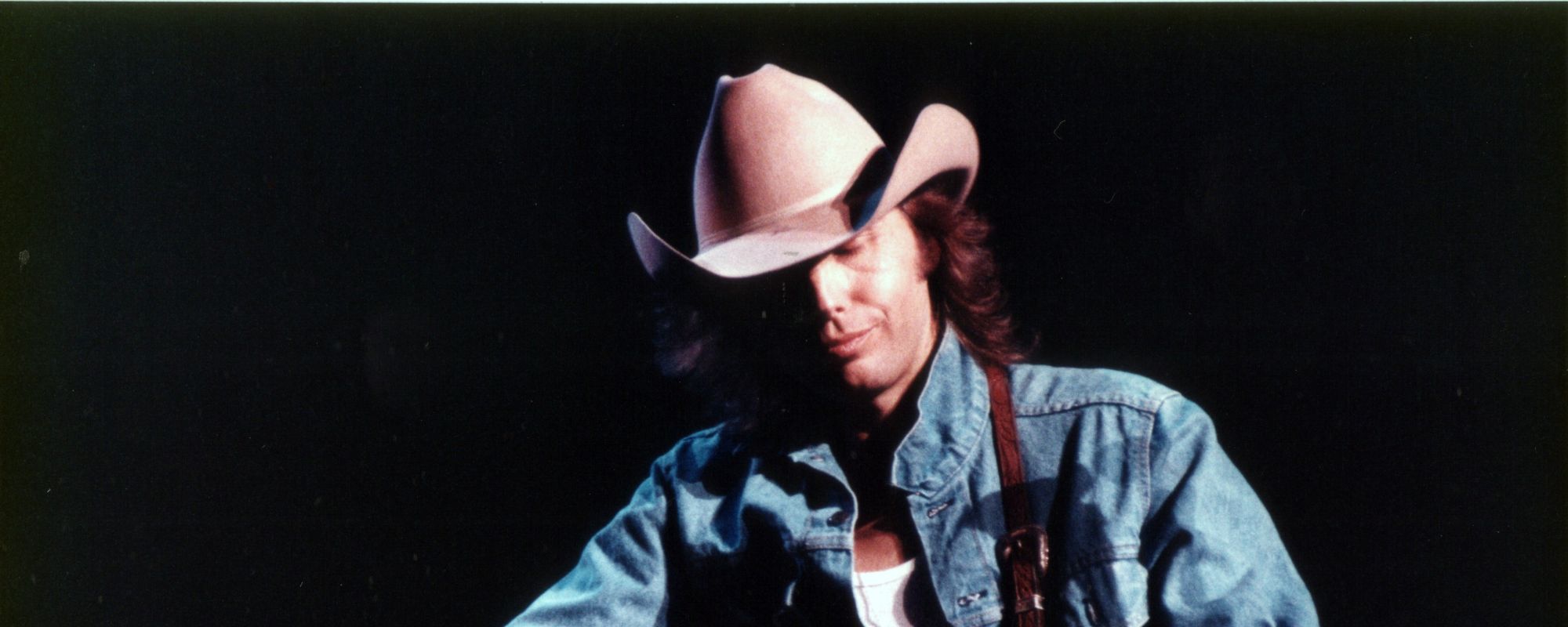
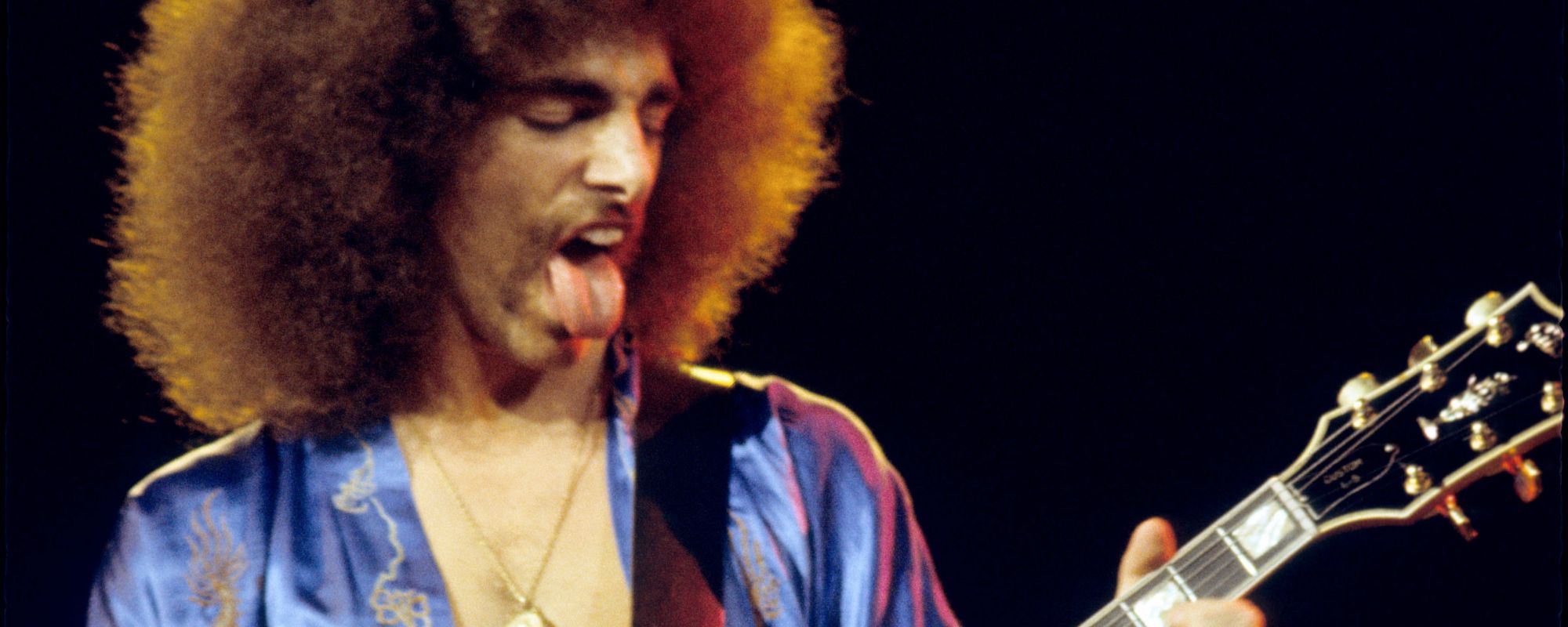
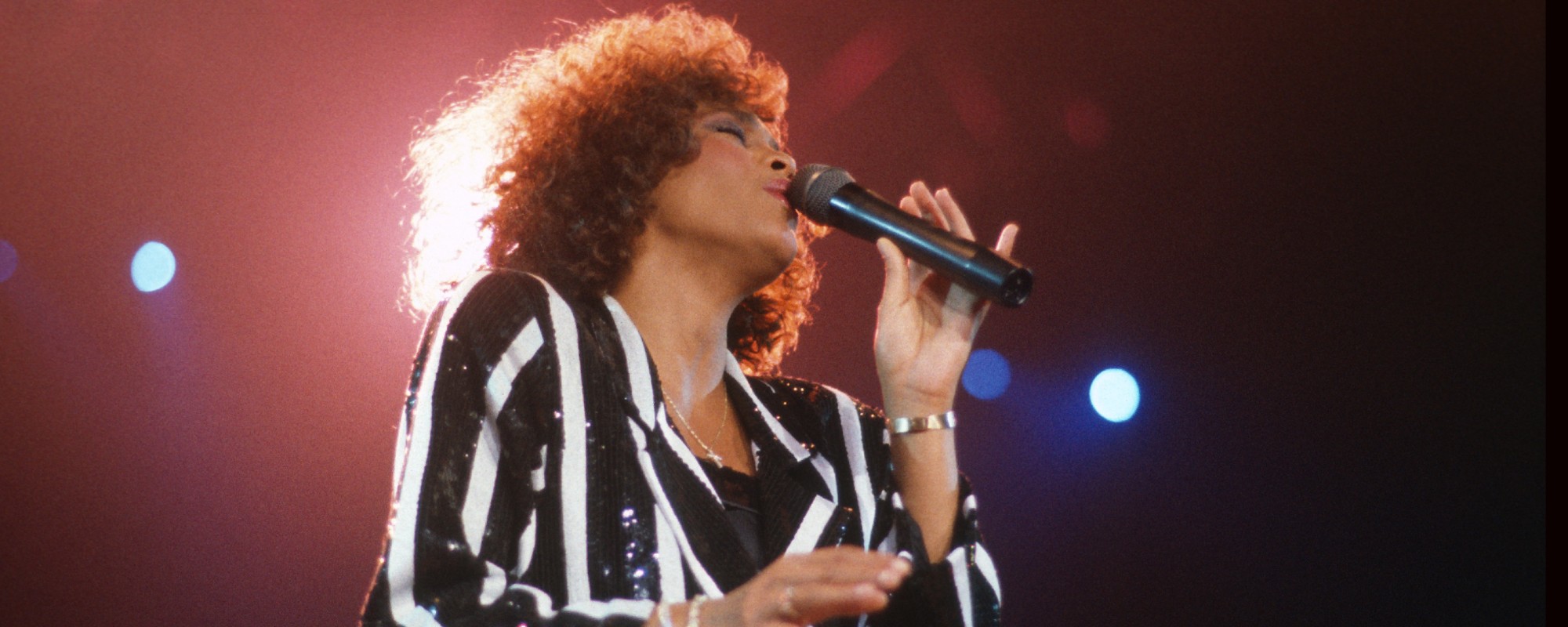

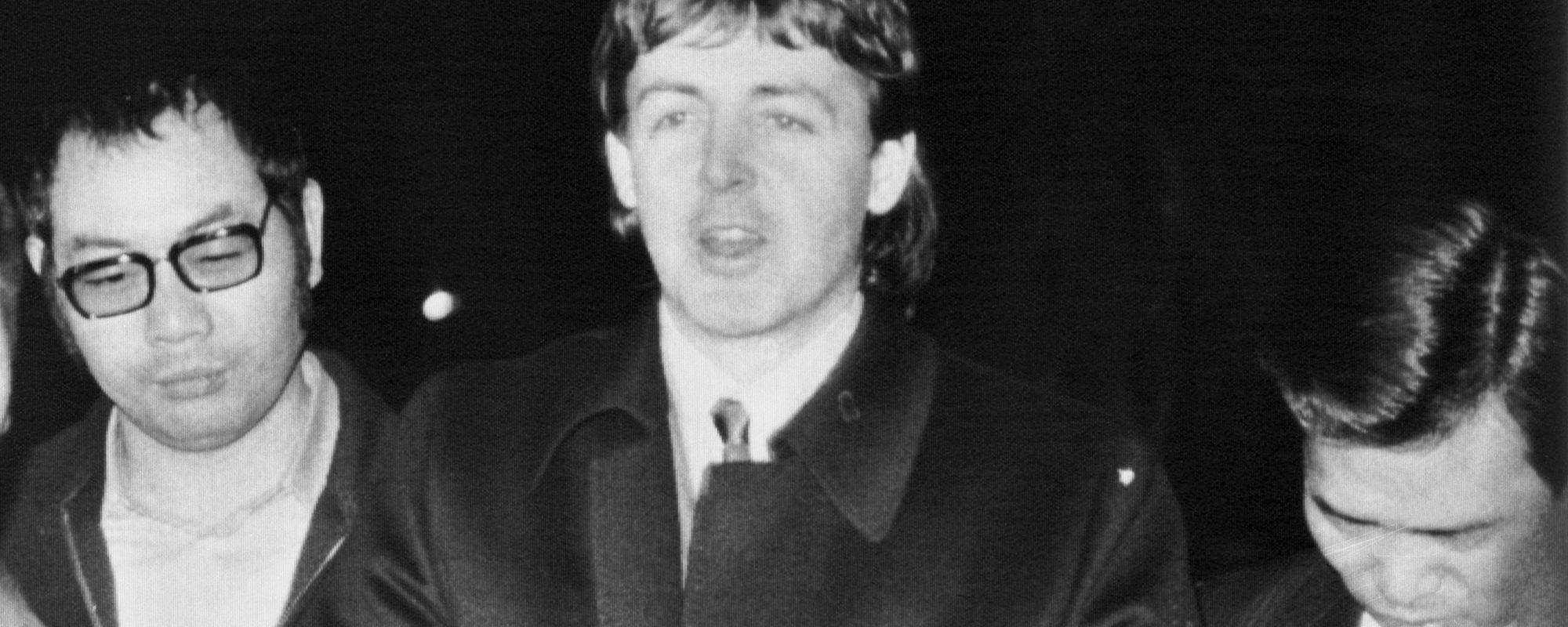
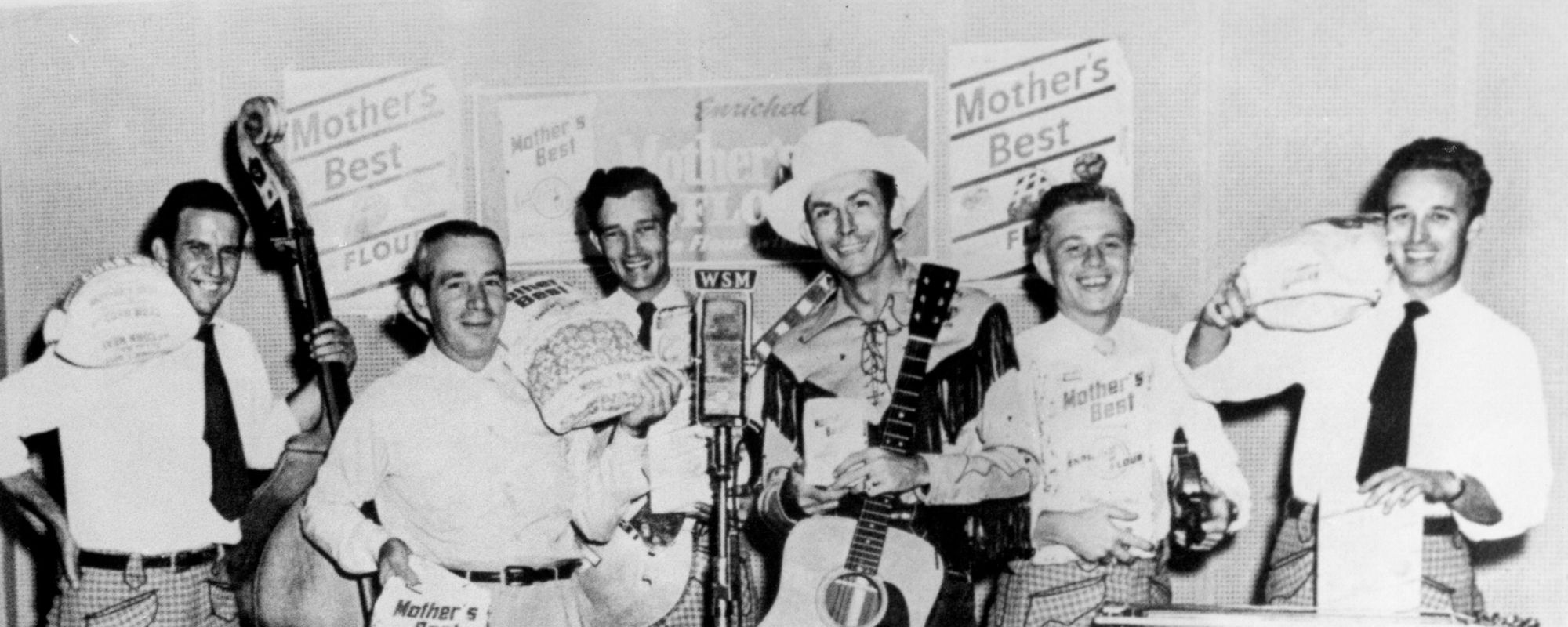
Leave a Reply
Only members can comment. Become a member. Already a member? Log in.